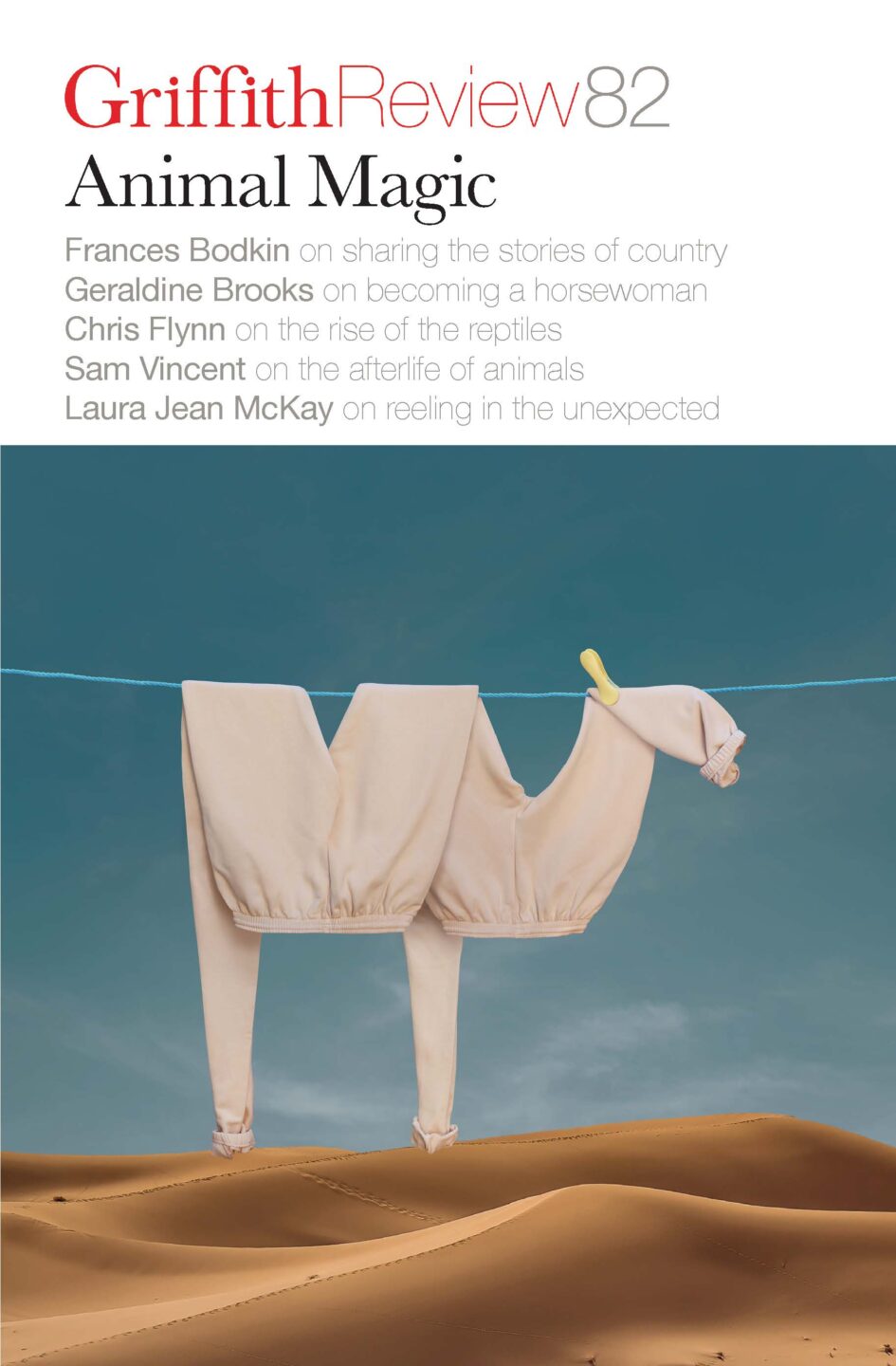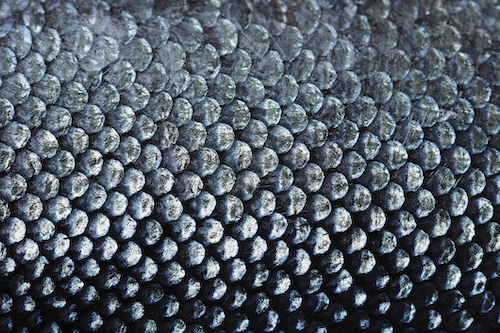Featured in

- Published 20231107
- ISBN: 978-1-922212-89-4
- Extent: 208pp
- Paperback, ePub, PDF, Kindle compatible


Already a subscriber? Sign in here
If you are an educator or student wishing to access content for study purposes please contact us at griffithreview@griffith.edu.au
Share article
More from author

Speaking my language
Non-fictionMY AUNTIE HAS stopped speaking to her siblings. Rifts like these are commonplace in my family, where people fall out with each other like...
More from this edition

Fish
FictionHe hasn’t caught one in twelve years or more, not since just before Ritchie – Hayley’s oldest – was born. The deboning alone can take half a morning and you have to strip that tail to its cartilage very carefully because there’s a layer of green resin, bitter. In small doses it ruins the meat; poisonous if you eat too much.

metanoia
Poetry the book holds the horse – rustling in there, taking pages between lips, rubbing upper lip across them, nostrils twin jets of air as it seeks sweetness maybe...

Before I forget again
Poetry I am a ceramic horse in kintsugi fields. Shards shred my tongue to gold rivers. Cracked and crazed – from fire gallops beast. Memory slips lapis lazuli. I break curses, gather spells. Nudge fresh letters in water troughs – watch words bob – shiny new apples to crunch.